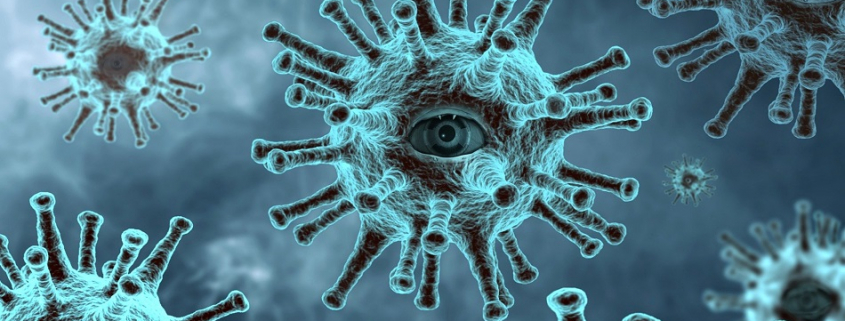Reviewing the debate on balancing privacy and health in a pandemic
The issues I raised in my recent blog post We can stop the pandemic in its tracks, we just need to lose all privacy. Are we prepared for that? are, fortunately, becoming very much a topic of public debate.
Here are some of the more interesting articles that have recently emerged framing this very important conversation.
A piece in Wired on The Value and Ethics of Using Phone Data to Monitor Covid-19 provides a good frame around the issues from a mainly US perspective.
“As a researcher, I would be interested in analyzing aggregated and anonymized location data related to human behavior during the Covid-19 pandemic crises,” says Marguerite Madden, director of the Center for Geospatial Research at the University of Georgia. “As a private citizen, I would not be comfortable with private companies turning over my location data to governmental agencies unless I was made fully aware of the use of the data and trusted the data would be used as specified in the data agreement.”
The Wall Street Journal writes To Track Virus, Governments Weigh Surveillance Tools That Push Privacy Limits, in among other insights revealing that Clearview AI, which has built a massive database for facial recognition of mainly US residents, is discussing allowing the government to identify individuals for coronavirus tracking.
As the country scrambles to control the rapidly spreading coronavirus, government agencies are putting in place or considering a range of tracking and surveillance technologies that test the limits of personal privacy. The technologies include everything from geolocation tracking that can monitor the locations of people through their phones to facial-recognition systems that can analyze photos to determine who might have come into contact with individuals who later tested positive for the virus.
A wonderful piece by Sapiens author Yuval Noah Harari in the Financial Times on The world after coronavirus describes the fundamental choices we have today, and what we can and must do today to shape a positive world after this pandemic.
In this time of crisis, we face two particularly important choices. The first is between totalitarian surveillance and citizen empowerment. The second is between nationalist isolation and global solidarity.
The New York Times reports As Coronavirus Surveillance Escalates, Personal Privacy Plummets, reviewing similar content to that covered in my post on current global initiatives, with expert commentary.
Beyond looking governments and health authorities tracking individual cases, the article also raises the dangers of this data becoming available to the public, citing examples in Australia, South Korea, Singapore and the US where information shared with the public by government officials has been sufficient for alleged spreaders of the virus to be individually identified.
In January, South Korea’s government began posting detailed location histories on each person who tested positive for the coronavirus. The site has included a wealth of information — such as details about when people left for work, whether they wore masks in the subway, the name of the stations where they changed trains, the massage parlors and karaoke bars they frequented and the names of the clinics where they were tested for the virus.
In South Korea’s highly wired society, however, internet mobs exploited patient data disclosed by the government site to identify people by name and hound them.
It is also interesting to note that the Electronic Frontier Foundation, usually completely opposed to any breaches of personal privacy, acknowledges in a post Protecting Civil Liberties During a Public Health Crisis that there can be social value to gathering data about potential carriers of COVID-19, and provide a useful set of guidelines on how to do this safely.
EFF has long advocated against digital surveillance by government and corporations of our movements, health, and personal relationships, and against big data systems that can turn our lives into open books. Such data processing often invades our privacy, deters our free speech and association, and disparately burdens racial minorities. Some use of big data may now be warranted as public health officials work to contain COVID-19. But it must be medically necessary, as determined by public health experts; any new processing of personal data must be proportionate to the actual need; people must not be scrutinized because of their nationality or other demographic factors; and any new government powers must expire when the disease is contained.
We must make this debate as open and public as possible. As EFF and many others have suggested, the loss of privacy is very often a one-way street which very few of us want to go down. Yet big data is one of the most powerful tools we have to mitigate the extraordinary spread of this disease. Let us collectively, as nations and societies, have this debate and find the right course forward.
Image: Syaibatul Hamdi



